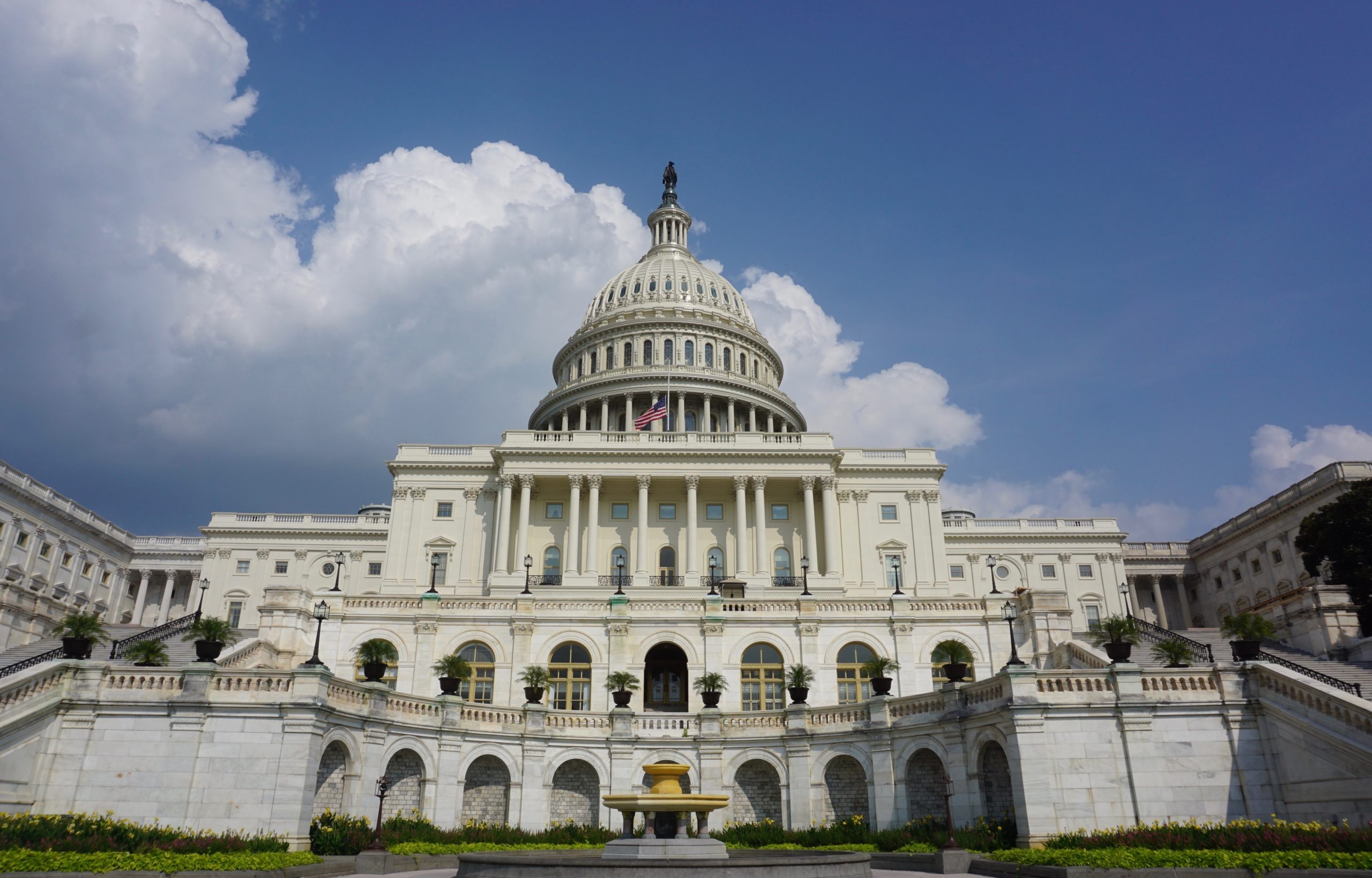Congress Defends Whistleblowers While Attacking Whistleblower Protections

Congress apparently has the ability to keep two totally opposing ideas afloat simultaneously.
Today, the Washington Post reports on the House Committee on Oversight and Government Reform and its remarkable willingness to hear testimony about just how badly some whistleblowers are treated by the TSA.
Yet today, Congress is also holding a hearing promoted chiefly by those that would gut the best whistleblower law there is, The False Claims Act. At least the powers that be in Congress have the courtesy to hold these hearings using two different committees.
I guess that way when they promote whistleblowing, if the people being called to account are government officers, but denounce whistleblowing when it involves private sector rip offs of the government, it would be hard even for Congress to use the same committee on the same day.
The Washington Post reported on testimony before the Committee on Oversight and Government Reform, making it clear that the TSA has work to do to protect whistleblowers:
-
- “These leaders are some of the biggest bullies in government,” Jay Brainard, a TSA security director in Kansas, told the House Committee on Oversight and Government Reform. “While the new administrator of TSA has made security a much-needed priority once again, make no mistake about it, we remain an agency in crisis.”
“Many airports are complaining that TSA is getting worse, not better,” said Oversight Committee Chairman Jason Chaffetz (R-Utah). He said that 103 of the TSA’s 48,000 airport screeners quit each week.
“They really don’t like working there,” Chaffetz said. “That’s a management problem there.”
In addition, Chairman Chaffetz expressed concern about the TSA attacking employees.
The Post reported on a TSA whistleblower who complained about racial profiling and a program manager who reported it:
- “TSA employees are less likely to report operational security or threat-relevant issues out of fear of retaliation from supervisors who fear further retaliation from their chain of command. No one who reports issues is safe at TSA.”
Great stuff indeed. Yes of course, TSA whistleblowers should be protected and not demoted or become the subject of retaliations.
Of course, the most successful law in promoting whistleblowers is the False Claims Act.
Today the Judiciary Committee will hear testimony on “Oversight of the False Claims Act.” They have called at least one person to testify who is an actual False Claims Act attorney. Neil Getnick is distinguished (I do not know him but have seen him present before) and more than capable of making the case on behalf of the law, a case that must be made over and over again due in part to some to the testimony already on line.
Law Professor Larry Thompson for example says:
-
- “One approach that should be considered in providing the
right incentives
-
- is represented in discussions about a Chamber of Commerce proposal on the False Claims Act, under which companies that achieve and maintain first class compliance programs could obtain reductions in penalties or other consequences when inevitable wrongdoing does occur.” –
Larry D. Thompson testimony page 10
- [Emphasis supplied]
I want you to think about that proposal for just a second. Don’t even think about who or what regulator decides what a first class program is…just think about the logic of that proposal.
A company has a compliance program, but STILL rips off the government, and wants some form of leniency or reward, when it rips off the government, because it has a compliance program in place that by definition did not work? Because ripping off the government is inevitable?
If I say to a kid, try not to steal candy, I’m going to reward you for the four days of the week you don’t steal candy, as opposed to force you to pay back and fine you on the fifth day you do steal candy…
In fact, I will treat you better than the other kid who steals candy, because you have a program not to steal candy 4 days a week. Does this make any sense?
Are honest companies, that actually do business with the government on the up and up, in agreement with the idea that ripping off the government is “inevitable?”
Do they think their competitors should be rewarded for having compliance programs even if those competitors still commit fraud?
If the compliance programs work, there would be no ripping off of the government, if they work even most of the time then these companies would be complying with the true incentive of the False Claims Act, which is to prevent fraud in dealing with the government and there would be nothing over which to sue the company. Next these guys will want a “lack of fraud” bonus imbedded into the contract.
This is an attempt to gut the best law, with the best protection for whistleblowers there is, and nothing more elegant than that. It explains why these hearings had to be held a day a part and in a different committee than the oversight hearing held yesterday. Blowing the whistle on the TSA is fine, but not on private businesses who do business with the government apparrently.













